How does Persuasion help you excel as a leader and a manager?
How does Persuasion help you

How does Persuasion help you
ALIGNING YOUR EXPECTATIONS WITH TEAM’S

Copyright 2024 © Vikram Pandit | All Rights Reserved
How can I help you?